How to Sleep Early?
Published:
How to sleep early is a question that plagues many individuals, especially in today's fast-paced world. The importance of establishing a consistent sleep schedule and creating an environment conducive to falling asleep earlier cannot be overstated.
Contents:
- Establishing a Regular Sleep Schedule
- Creating an Evening Routine to Sleep Early
- Preparing Your Sleeping Environment
- Avoid Stimulants Late in the Day
- Natural Sleep Aids and Supplements: Your Secret Weapon for Falling Asleep Earlier
- Regular Exercise and Mental Health Practices: Boost Your Sleep Quality
- Managing Technology Use Before Bedtime
- FAQs in Relation to How to Sleep Early
- Conclusion
In this comprehensive guide on how to sleep early, we will explore various techniques and strategies designed to help you achieve better quality nighttime rest. From setting bedtime alarms and adjusting your evening routine, to optimizing your sleeping environment and avoiding stimulants late in the day - every aspect of improving your slumber will be covered.
We'll also delve into natural sleep aids usage guidelines, regular exercise benefits for mental health practices, as well as technology's impact on our circadian rhythm. At the conclusion of this article, you'll be equipped with everything required to accomplish that hard-to-come-by good night's sleep!
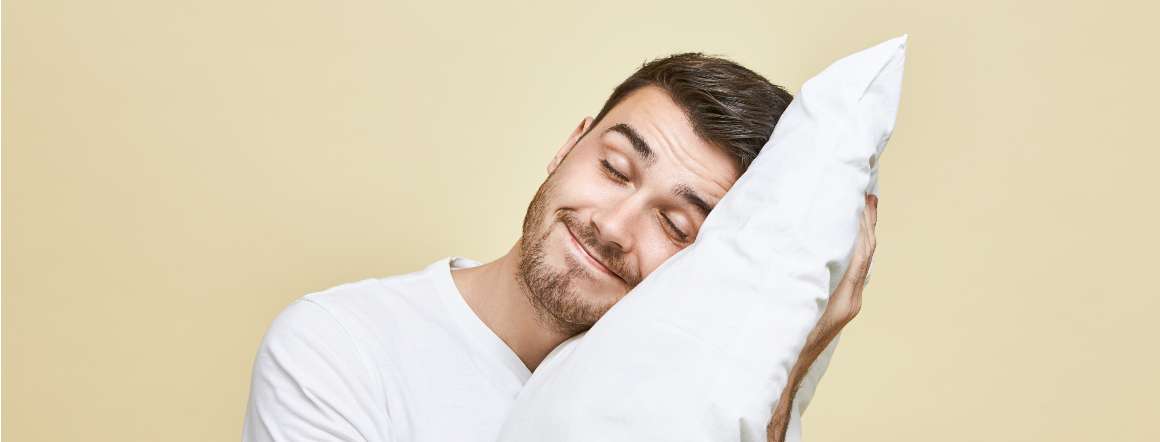
Establishing a Regular Sleep Schedule
To achieve the ultimate goal of falling asleep earlier and improving your sleep quality, it all starts with creating a consistent sleep schedule.
Try to hit the hay and rise at the same time daily - even on weekends.
Establishing a regular sleep schedule has numerous benefits, including increased energy levels during waking hours, improved mood stability throughout daytime activities, and enhanced cognitive functioning capabilities for tasks requiring mental focus or concentration (source: "Healthy Sleep Tips").
So, let's commit to a consistent sleep schedule and reap the rewards of better sleep quality.
Creating an Evening Routine to Sleep Early
An evening routine is your secret weapon for falling asleep early and getting a good night's rest. It signals to your body that it's time to wind down and prepares you mentally and physically for sleep.
Here are some simple yet effective steps you can take:
Practicing Mindfulness Meditation Techniques
Mindfulness meditation helps calm the mind, reduces stress, and promotes relaxation - all essential ingredients for a peaceful slumber. Try guided sleep meditations or deep breathing exercises before bed.
Choosing Non-Stimulating Books or Podcasts
Pick up a light-hearted book or listen to a soothing podcast instead of engaging with screens at bedtime. This will help ease your mind into sleep mode without overstimulation from blue light exposure.
Now that we've covered the basics, let me share some additional tips on creating an evening routine tailored just for you:
- Taking Warm Showers/Baths: A warm shower or bath relaxes muscles, lowers body temperature afterward, which triggers drowsiness - perfect pre-bedtime activity. Plus, who doesn't love feeling fresh before hitting the sheets?
- Jotting Down Thoughts: If racing thoughts keep you awake at night, try journaling them out before bed. Clearing mental clutter can do wonders in helping you drift off peacefully.
- Sipping Herbal Tea: Incorporate herbal teas like chamomile or valerian root into your evening routine. These natural sleep aids have calming properties that can help you unwind and fall asleep faster.
- Stretching: Gentle stretching exercises, such as yoga, release tension from the body and prepare it for restorative sleep.
Remember, consistency is key. Stick to your evening routine every night (yes, even on weekends) to train your body to fall asleep earlier and enjoy better sleep quality. A consistent sleep schedule helps regulate your circadian rhythm, which is essential for natural sleep.
Looking for more tips on improving your nighttime routine? Check out these expert recommendations.
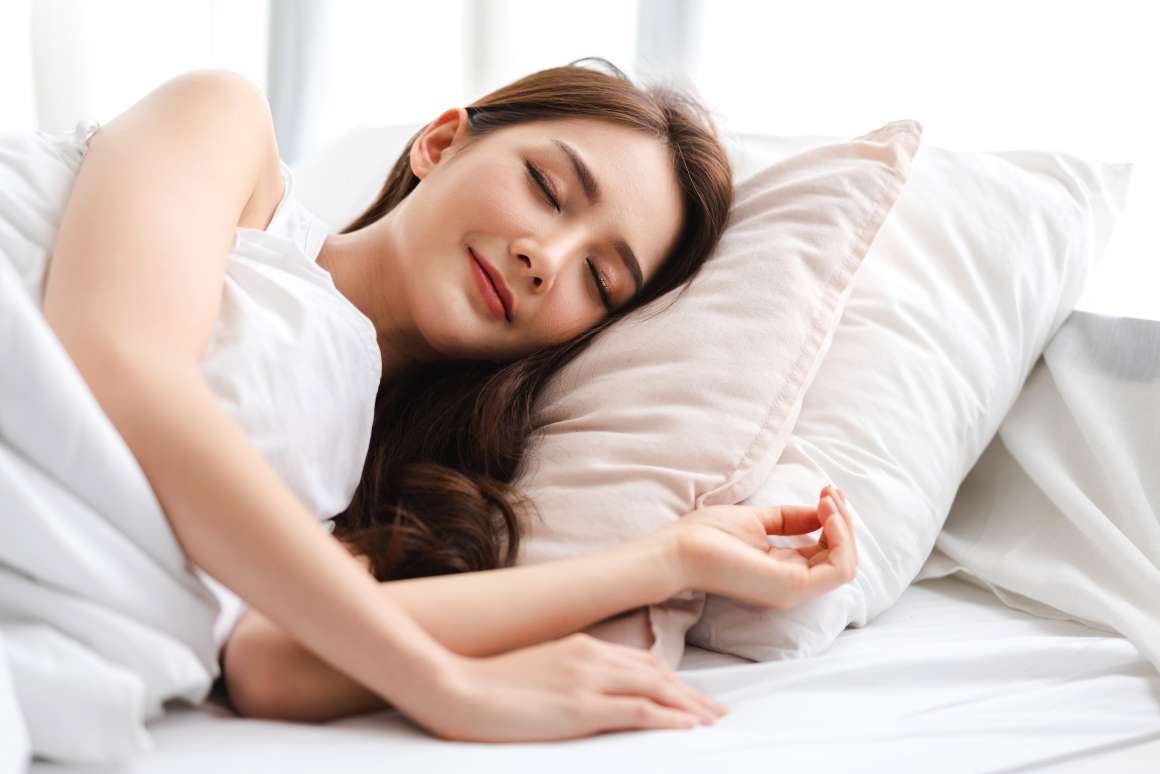
Preparing Your Sleeping Environment
Let's talk about creating the perfect sleep sanctuary.
A conducive sleeping environment plays an essential role in promoting falling asleep early and improving your overall sleep quality.
Here are some actionable tips to help you fall asleep earlier:
Investing in Comfortable Bedding Materials
Your bed should be a haven of comfort.
Consider upgrading your mattress, pillows, and sheets for maximum coziness.
Choose a mattress that supports healthy spinal alignment, while providing enough cushioning for pressure relief.
Using Aromatherapy such as Lavender Essential Oil
Scent can have a powerful impact on our mood and relaxation levels.
Lavender essential oil is known for its calming properties - try adding a few drops to your pillow or using an aromatherapy diffuser.
Maintaining Darkness with Blackout Curtains or Eye Masks
The darker the room, the better.
Studies show that exposure to light during sleep can disrupt our circadian rhythm and negatively affect sleep quality.
Invest in blackout curtains or a comfortable eye mask to block out any unwanted light sources.
Keeping the Room Cool
Cooler temperatures promote better rest, so try lowering your thermostat slightly before bedtime.
Eliminating Noise with Earplugs or White Noise Machines
Noisy neighbors? Traffic sounds?
Say goodbye to those disturbances by using earplugs or a white noise machine.
Reserving Your Bedroom for Sleep Only
Your bedroom should be your personal sanctuary for relaxation and restful slumber - not a workspace or entertainment center.
Avoid distractions like electronics, which emit blue light that can suppress melatonin production, making it harder for you to fall asleep earlier when you need it most.
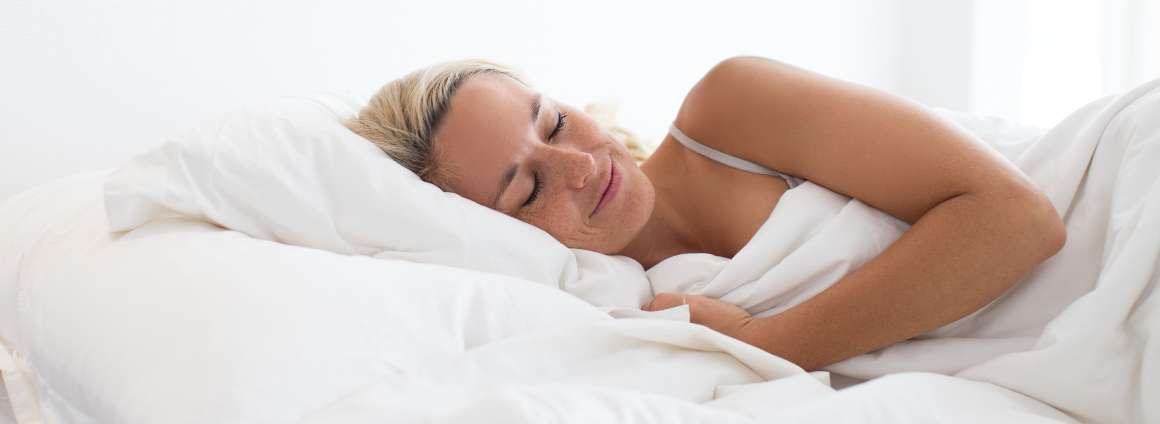
Avoid Stimulants Late in the Day
Let's talk about the pesky stimulants that can hinder our quest for an earlier bedtime.
The stimulating effects of substances such as caffeine, nicotine and alcohol on the central nervous system can impede a timely bedtime.
So, how do we tackle this issue?
Cutting off Caffeine Consumption After Mid-Afternoon
Firstly, consider setting a "caffeine curfew" for yourself.
This means avoiding coffee, tea, energy drinks, or any other caffeinated beverages after mid-afternoon (around 2 PM).
Studies show that consuming caffeine even six hours before bedtime can significantly disrupt sleep quality.
Reducing Alcohol Intake Around Bedtime
Moving on to alcohol - it might seem like a glass of wine helps you relax and fall asleep faster, but don't be fooled.
Research shows that while alcohol may initially help you fall asleep quicker, it actually interferes with your deep sleep cycle later in the night.
- Tip #1: Limit your daily caffeine intake by having fewer cups of coffee or switching to decaf options later in the day. Herbal teas are also great alternatives.
- Tip #2: Try reducing your overall alcohol consumption and avoid drinking close to bedtime. Opt for a calming chamomile tea or warm milk instead.
- Tip #3: Consider quitting smoking or using nicotine replacement therapies, as nicotine is also known to disrupt sleep patterns.
Try to reduce your consumption of energizing stimulants during the day for more restful sleep.
Now go ahead and conquer those nighttime zzz's like a true early bird.
Natural Sleep Aids and Supplements: Your Secret Weapon for Falling Asleep Earlier
Let's dive into the world of natural sleep aids and supplements. These little helpers can be your secret weapon in achieving an earlier bedtime, but it's important to use them cautiously and under medical supervision if needed.
Here's what you need to know:
Melatonin: The Sleep Hormone You Need to Know About
Melatonin, a hormone naturally produced by our bodies, plays a crucial role in regulating our sleep-wake cycle. Using melatonin supplements in the correct manner can help to adjust your body's internal clock, allowing you to fall asleep earlier than usual.
Natural Alternatives to Melatonin Supplements
If you're not keen on taking melatonin or need an alternative option, there are other natural sleep aids that might do the trick:
- Valerian root: This herbal supplement has been known to promote relaxation and improve overall sleep quality. Read more about valerian root here.
- Chamomile tea: Sipping on this calming beverage before bedtime may help ease anxiety and induce drowsiness. Discover the benefits of chamomile tea here.
As always, it's important to seek advice from a medical professional before beginning any supplement regimen.
So there you have it. Natural sleep aids and supplements can be your secret weapon in achieving that earlier bedtime goal, but always remember to use them responsibly and under proper guidance. Sweet dreams.
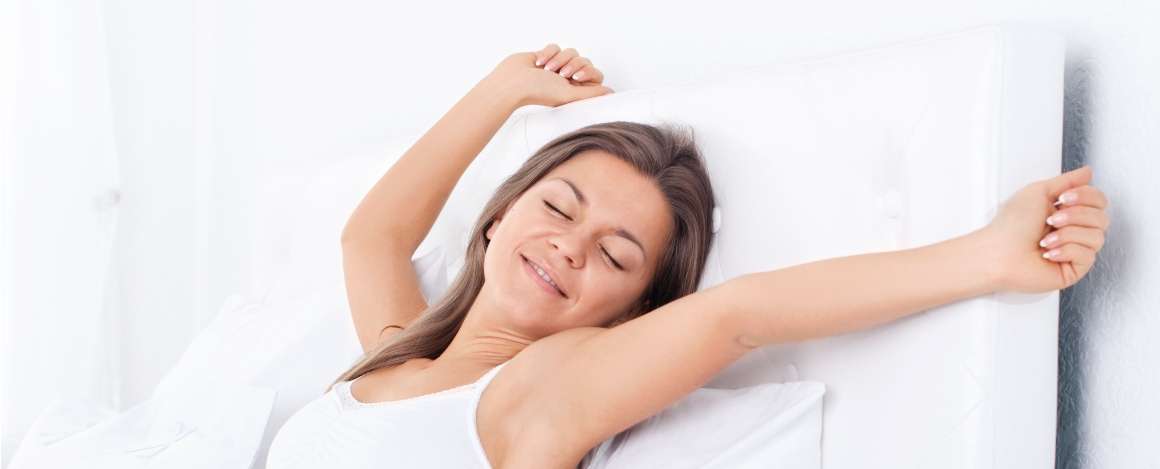
Regular Exercise and Mental Health Practices: Boost Your Sleep Quality
These two work hand-in-hand to help you fall asleep earlier and enjoy better sleep quality, so let's dive in.
Incorporating Low-to-Moderate Intensity Exercise Routines
First things first, get moving.
Regular physical activity has been linked to improved overall well-being and enhanced ability to fall asleep early.
Pick your favorite low-to-moderate intensity exercises like walking, swimming, or yoga - just make sure it's something you enjoy doing consistently.
Strive for a minimum of 30 minutes of physical activity most days, but dodge intensive exercises near bedtime as they may stop you from dozing off.
Utilizing Stress-Reduction Techniques such as Yoga or Deep Breathing Exercises
Moving on to mental health practices - stress reduction is key here.
Maintaining good mental health through techniques like writing down the next day's tasks on paper, practicing mindfulness meditation, or engaging in relaxing hobbies can reduce anxiety levels at night, which further supports healthy sleeping patterns.
If you're new to relaxation techniques, try exploring options such as guided imagery, progressive muscle relaxation, or even a simple deep breathing exercise.
Remember, consistency is crucial - make these practices a part of your daily routine for optimal results.
By incorporating regular exercise and mental health practices into your life, you'll be setting yourself up for success in falling asleep earlier and enjoying better sleep quality overall.
So lace up those sneakers, unroll that yoga mat, or grab a pen and paper - it's time to prioritize your well-being and reap the benefits of an earlier bedtime.
Managing Technology Use Before Bedtime
We all can admit to being guilty of glancing at our phones prior to going to sleep.
But did you know that this seemingly harmless habit can actually disrupt your sleep and make it harder to fall asleep early?
Blue light emitted from electronic devices is the culprit here, suppressing melatonin production and keeping us awake longer than necessary.
No worries though. I've got some tips for you to tackle this issue head-on:
Subheader 1: Setting up a digital curfew an hour before bed
An hour might seem like a lot, but trust me - your body will thank you later.
A digital curfew helps signal to your brain that it's time to wind down and prepare for sleep.
Subheader 2: Exploring alternative relaxation methods without screens
Rather than reaching for your phone or tablet, try engaging in screen-free activities that promote relaxation instead.
- Meditation or deep breathing exercises are great ways to calm the mind before bedtime.
- Instead of a tablet or phone, why not try curling up with an engrossing novel to help you unwind? Just avoid thrillers if they keep you on edge.
- Jotting down thoughts or planning tomorrow's tasks can help ease any lingering anxieties about the day ahead.
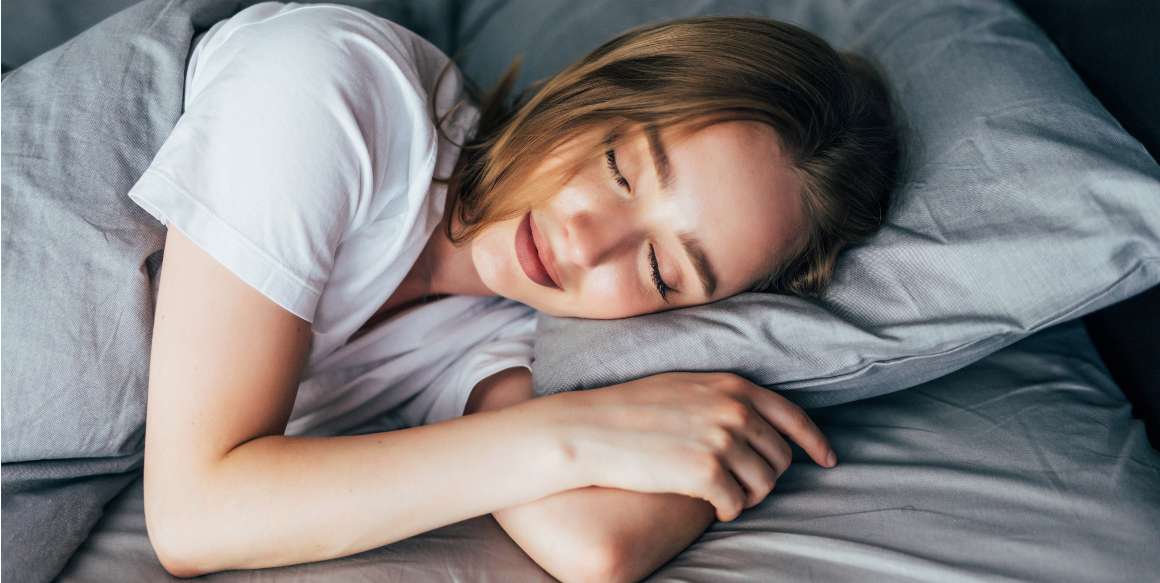
Bonus Tip: Blue-Light Blocking Glasses and Device Settings
If you absolutely must use screens before bed, consider investing in a pair of blue-light blocking glasses to minimize the impact on your sleep.
Additionally, many devices now have built-in settings that allow you to adjust screen colors for nighttime use - be sure to take advantage of these features.
By managing technology use before bedtime and incorporating these tips into your routine, you'll be well on your way towards falling asleep earlier and enjoying better quality rest.
Sweet dreams.
FAQs in Relation to How to Sleep Early
What is the best way to sleep earlier?
To sleep earlier, establish a regular sleep schedule by setting a bedtime alarm and gradually adjusting your sleep timing. Create an evening routine that includes warm showers, meditation techniques, reading materials, and soothing music playlists. Prepare your sleeping environment with blackout curtains or eye masks and optimal room temperature settings.
How can I train myself to go to bed earlier?
Train yourself to go to bed earlier by establishing a consistent bedtime routine and sticking to it every night. Gradually adjust your bedtime in 15-minute increments until you reach the desired time. Incorporate relaxing activities such as reading or meditating before bed, avoid stimulants like caffeine late in the day, and exercise regularly for better mental health practices.
What is the 10 3 2 1 0 rule for sleep?
The 10-3-2-1-0 rule for sleep suggests: no caffeine within ten hours of bedtime; no food within three hours of bedtime; no work or stimulating activities two hours before sleeping; spending one hour on relaxation routines; zero electronic device usage during this last hour leading up to bedtime.
What makes me sleep early?
Sleeping early can be influenced by creating an ideal sleeping environment (darkness, comfortable temperature), following a consistent pre-bedtime routine (reading, meditation), avoiding stimulants (caffeine) close to bedtime, and engaging in regular physical activity during daytime hours but not too close before going to sleep at night.
Conclusion
Establishing a consistent sleep schedule, creating a sleep routine, preparing your sleeping environment, avoiding stimulants late in the day, using natural sleep aids properly, regular exercise, and mental health practices, and minimizing technology's impact on sleep timing are all effective ways to help you learn how to sleep earlier. By following these tips and making them part of your daily routine, you can improve the quality of your nighttime sleep.
If you're experiencing sleep problems despite trying these techniques for some time now without any success, it may be best to consult with a healthcare professional. They can provide additional insight into what could be causing your inability to fall asleep quickly and recommend other options that could work better for you.













